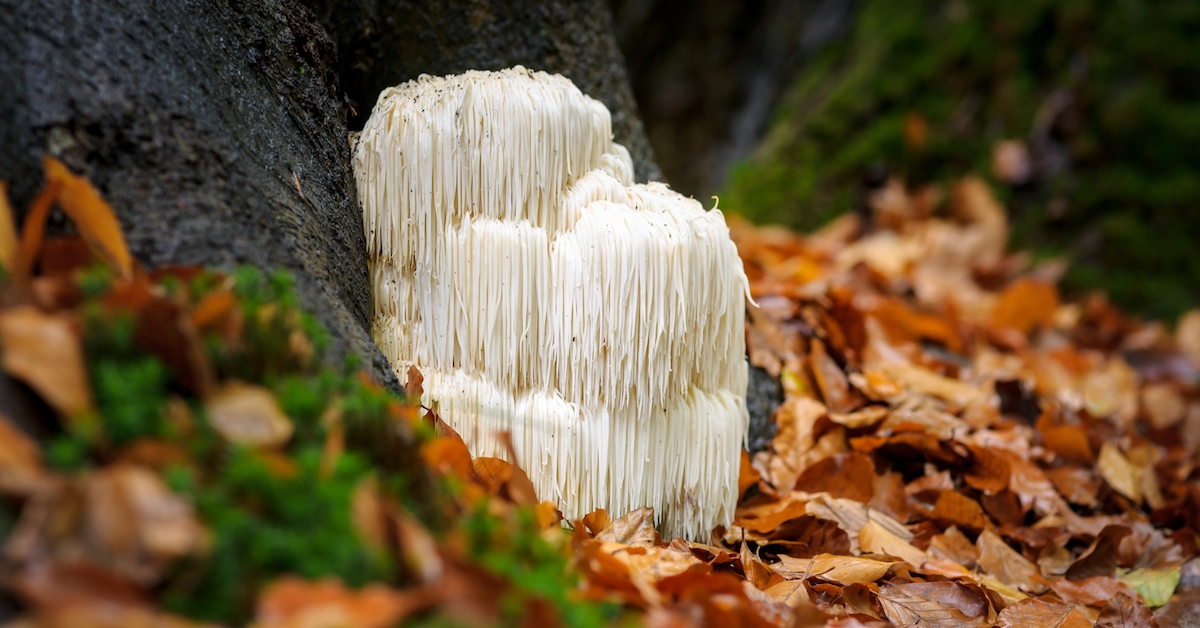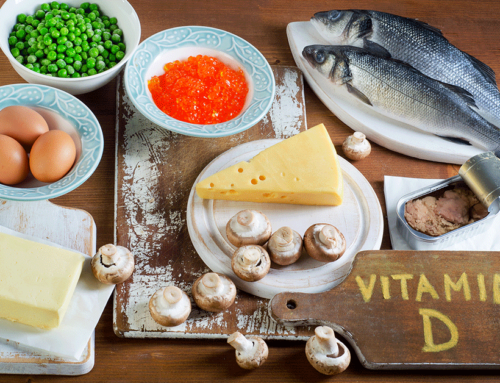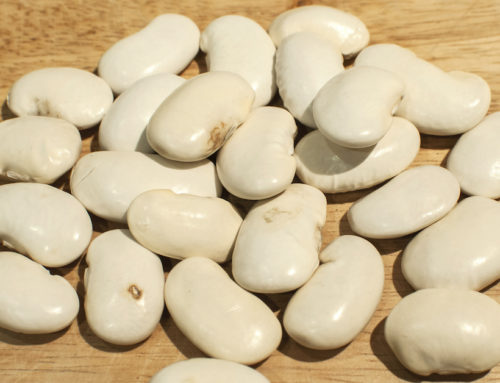What was her secret?
It’s not only that neurobiologist Rita Levi-Montalcini lived to the age of 103, the only Nobel prize winner who ever achieved that distinction.
It’s that she was still engaged in research at that advanced age. Her youthful vitality and mental powers were undiminished right to the end of her very long life.
The answer could be in a special supplement she ingested that was the subject of her prize-winning discovery — a supplement that’s not available to non-scientists and doctors, and in any case is said to be more expensive than diamonds.
Fortunately, there is a way we can all benefit from the secret without breaking the bank.
NGF Regenerates Brain Cells
Professor Levi-Montalcini played a major role in the discovery of nerve growth factor (NGF). The body uses NGF to build nerve networks in the brain and elsewhere. It’s a key factor in the survival of nerve cells as well as their maintenance and regeneration.
The discovery of NGF has led to an understanding of disease processes ranging from Alzheimer’s to cancer.
But NGF production falls with age, and this is proposed as a major reason for cognitive decline. If NGF could be boosted, it should give rise to new brain cells, and improve communication, function and life expectancy of existing cells. This would maintain our mental capacity.
Unfortunately, NGF cannot be taken by mouth or injection because it can’t pass through the blood-brain barrier. But animal experiments suggest it can penetrate the brain via the optic nerve (Prof. Levi-Montalcini took NGF as eye drops) and through the nasal passages as well.
Luckily, there’s a more reliable way to increase NGF. You can give the body the raw materials it needs to manufacture more of it in the brain itself.
And the only widely available method I’ve come across so far to stimulate NGF in the brain is the compounds found in a mushroom called Lion’s Mane.
Lion’s Mane Heightens Brain Power
Lion’s mane (Hericium erinaceum) is known by many names such as bearded tooth or tree hedgehog due to its strange appearance. Unlike regular mushrooms it is ball-shaped, with soft white cascading tentacles, resembling a pom-pom.
For centuries it’s been used both as food and medicine in Asia. Buddhist monks reputedly drank it as a tea to heighten their brain power and improve their meditation sessions.
Scientists have been studying Lion’s mane to find out if its reputation as a brain booster is deserved.
A leading authority on Lion’s Mane, Dr. Hirokazu Kawagishi of Shizoka University in Japan, discovered two compounds in the mushroom called hericenones and erinacines. These can pass through the blood-brain barrier and set off chemical processes that stimulate the release of NGF.
He found they can boost NGF five-fold in cell cultures. He wrote that ” the erinacines are the most powerful inducers of NGF synthesis among all currently identified natural compounds.”
An increase in NGF was also seen in the hippocampus of mice, a key area for memory.
Multiple Brain Benefits
Other animal research has shown that the active ingredients in Lion’s Mane:
- prevent brain cells breaking down and dying with age
- protect against cognitive decline caused by amyloid beta, the plaque that builds up in Alzheimer’s
- promote the growth of brain cells following injury
- enhance production of myelin, the sheath that protects the nerves and is required for healthy mental function
- improve memory and other cognitive abilities
The big question is whether all this laboratory work is reflected in people. The answer is a resounding yes.
One double-blind, placebo-controlled trial found that men and women over 50 with mild cognitive impairment (MCI) saw a significant increase in cognitive function after taking Lion’s Mane supplements. They scored higher on all memory and thinking tests.
Another found that measures of independence such as walking, eating and dressing improved in all seven dementia patients taking the supplement and six out of seven saw improvement in memory, understanding and communication abilities.
A study of 30 postmenopausal women found those taking Lion’s Mane were less anxious and depressed, experienced improved concentration, and felt better about life. The improvements were not seen in the control group taking a placebo
Lion’s Mane does grow in North America, but you are only likely to find it in some specialty stores. You could go foraging for it in hardwood forests, but the easiest way is to grow the mushrooms at home in kits you can buy.
There’s no guarantee you’ll live to 103, but it’s sweet and meaty, with a taste similar to lobster, so it’s well worth seeking out. If it’s not to your taste you can always take it as a supplement. Our sister company, Green Valley Natural Solutions, offers a formula that contains a clinical dose of Lion’s Mane, along with other valuable brain nutrients.
- http://www.ncbi.nlm.nih.gov/pubmed/18758067
- http://www.ncbi.nlm.nih.gov/pubmed/21383512
- http://www.ncbi.nlm.nih.gov/pubmed/12675022
- http://www.ncbi.nlm.nih.gov/pubmed/21941586
- http://www.ncbi.nlm.nih.gov/pubmed/18844328
- http://www.ncbi.nlm.nih.gov/pubmed/20834180
- https://journals.prous.com/journals/servlet/xmlxsl/pk_journals.xml_summary_pr?p_JournalId=2&p_RefId=1173290&p_IsPs=N
- Awakening from Alzheimer’s by Peggy Sarlin







